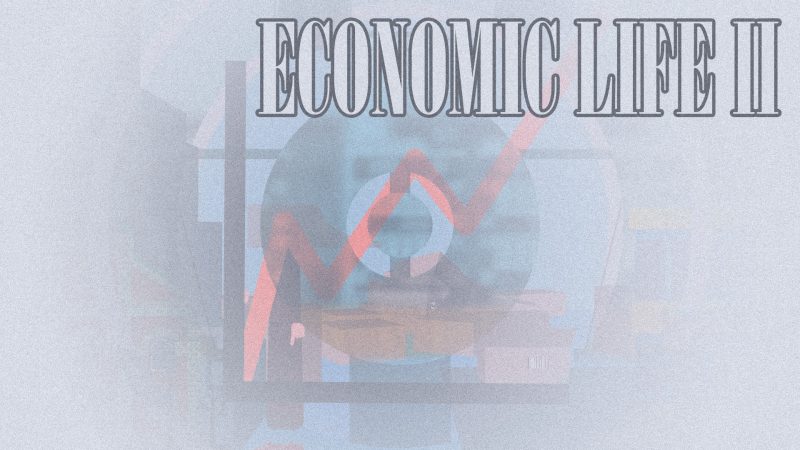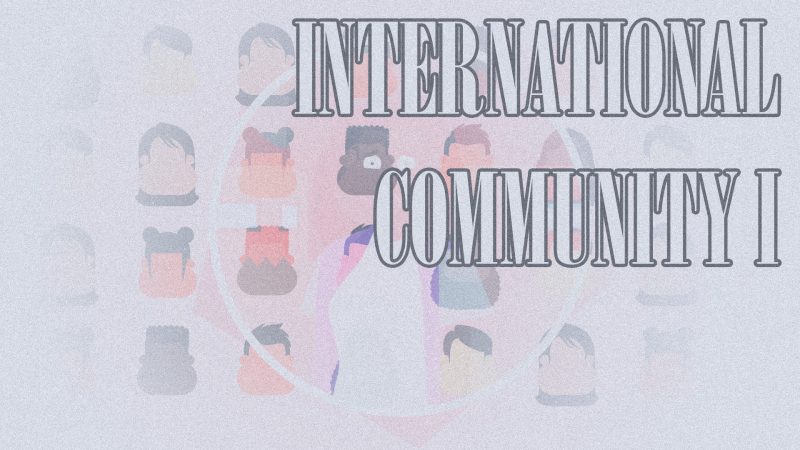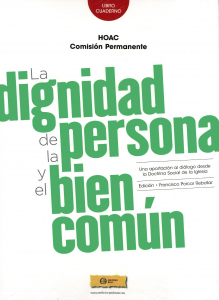The economy is a critical reality in human beings life because it’s the way to organize the production and distribution of goods to answer people needs. Because of that, the economy is politics as the human activity on social life it is. There are no parallel realities: politics in one side and economy on the other. The economy is just a side of political life.
According to Social Doctrine, there is a close relation between economy and ethics. There are people who pretend to show the economy as something unlinked from ethics, from aims and means which humanizes us. But this is false. Both economical decisions and economic activities are always moral or immoral, they are never outside moral.
Catholic church underscores that an economy without a human face is a big problem and harm our humanity. The economy must have a human shape in the sense that their subject and purpose must always be the human person. We must remove centrality to the exclusive searching for profitability and we have to bring to the center both people and the common good.
Social Doctrine proposes an ethical foundation for the economy in order to endow economy from human aims. It is also proposing several ethics principles in order to position economy in a humanizer sense.
The ethical foundation of the economy must be an instrument to the self-fulfillment of human beings and to fulfill their call to communion, expressed as a human family where all can live according to their dignity. The economy must be just an instrument, not a goal itself.
According to this foundation, the Social Doctrine proposes the next principles to insert into economy performance:
- A person can never be treated as an instrument but as a subject and purpose. The economy must recognize, respect and promote human’s dignity.
- Economic activity has to promote the liberty of people.
- Everyone’s property rights have to be promoted in order to live according to human’s dignity. The universal destination of goods has to lead that.
- The economy must be guided for common good searching, to which every other interest has to be subordinate.
- The searching for the common good inside economical activity is only possible through solidarity practice, especially through solidarity with impoverished people.
- Economic activity has to be first placed to solve impoverished people needs and rights.
DSI sentence
We have created new idols. The worship of the ancient golden calf has returned in a new and ruthless guise in the idolatry of money and the dictatorship of an impersonal economy lacking a truly human purpose.
Evangelii gaudium 55
Act
Can you find an aspect of economy agreeing with what we’ve talked about in this video?
Can you find an aspect opposing to what we’ve talked about in this video?
Download the PDF attached
Previous video:
Next video:
You Might also like
-
Economic life 2
In order to achieve an economy with a human face, it is necessary to answer some fundamental questions related to economic life through the perspective of human dignity and the common good. Why should we produce? According to the social doctrine, the goal for the economy is the satisfaction of human needs understood in its big sense: material, cultural and spiritual needs.
-
Universal destination of goods
If we want the common good to be a practical and effective reality we cannot ignore everything surrounding the use of goods and the right of property. Christian tradition has insisted on the fact that we are not absolute and exclusive owners of goods but just administrators of the goods that God had placed on our hands.
-
The international community
The development isn’t just a rightful aspiration but a right for peoples. Because of that, when we look at reality through the eyes of impoverished people we can perceive the urgency on transforming the society model because there exists a great contrast between wealth, the big scientific and technical possibilities and the impoverishment of billions of people.




